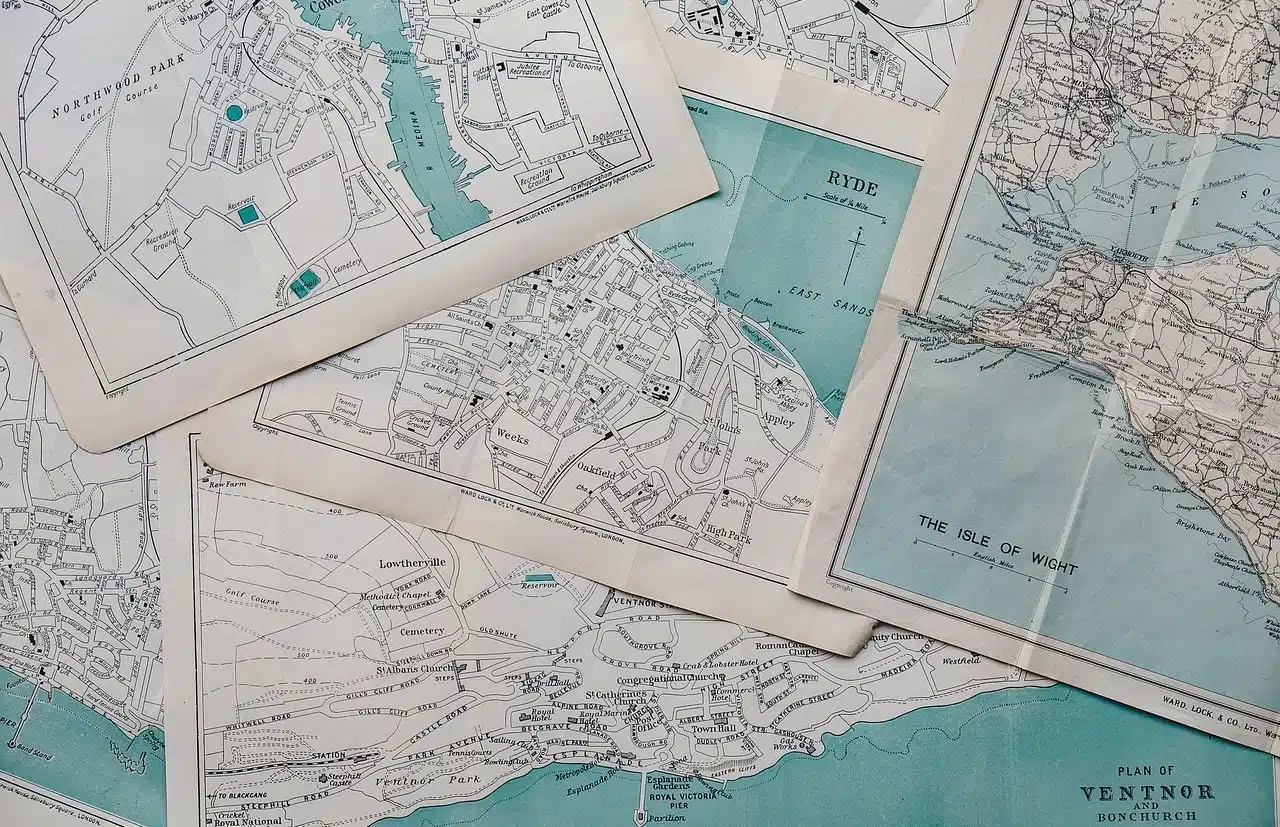
An atlas is a collection of maps.
Atlas is the name of the giant who holds the Earth and the firmament on his shoulders, according to Greek mythology. Son of Iapetus and Clymene , Atlas is a titan who was condemned to carry the planet by Zeus .
The term has various uses today. By extension to the mythological concept, atlas is the name of the first cervical vertebra , which is in direct contact with the occipital bone and which immediately supports the head .
Atlas as a collection of maps
Another very frequent use of atlases is in reference to the collection of maps (geographical, historical or other types) that are compiled in the same volume. Atlases, according to their contents, can be national, regional or universal.
For example: “When I was a child, I was fascinated by looking at the atlas maps that my grandfather had in his library” , “I'm going to go to the library to look for an atlas: I have to consult a map of the Roman Empire” , “Miguel is trying to find the town where we will go on vacation in the atlas.”

Currently atlases can be printed or digital.
From the printing press to Google Maps
Until the early 90s, the word atlas was associated with printed books , a perfect companion to an encyclopedia, a large volume that dazzled its readers with its impressive full-color maps full of interesting and unusual information. from all parts of the planet. For those who did not have one at home, there were libraries; The lucky ones, on the other hand, surely reserved a special place on their shelf for this source of world knowledge .
With the arrival of Microsoft 's Encarta Encyclopedia , little by little the use of reference books in physical format decreased, and its World Atlas left millions of users speechless at the possibility of freely manipulating a digital globe, to intuitively search for the point on the map they wanted to explore and, once found, approach it, watching with the amazement typical of the pre-smartphone era how a planisphere map gradually transformed into a local one.
Just as the immense popularity of Wikipedia helped the public lose interest in Encarta until Microsoft discontinued it, the ubiquitous Google Maps became a kind of atlas that a large percentage of the world's population consults daily as part of their virtual tasks. However, it was not until March 2014 that Google officially turned this powerful service into an atlas.
The Google Maps atlas allows its users to apply layers on maps to study population statistics, changes in temperatures around the world in a given period, historical plans of various cities, and the consequences of deforestation. All this, accompanied by descriptions and the possibility of acquiring physical copies of the various maps. Among the companies collaborating with this project is none other than National Geographic .
Even for many defenders of traditional literature, printed on paper and protected by strong, tangible covers, it is fascinating to observe an animated snapshot of the Earth at night, with the flickering lights of its cities, or a map of Tokyo in the 17th century. to compare it with the current one.
Other uses of the term atlas
The notion of atlas, on the other hand, is common in astronomy . This name refers to a family of American rockets, a moon of the planet Saturn and a NASA space observatory that is in the study phase.
The Atlas de Gualadajara club, meanwhile, is a Mexican soccer team that competes in the First Division tournament. He became champion in 1950-1951 and won several editions of the Mexico Cup .
Charles Atlas (1892–1972), por último, fue un culturista que inventó un popular método de musculación que lleva su nombre.
